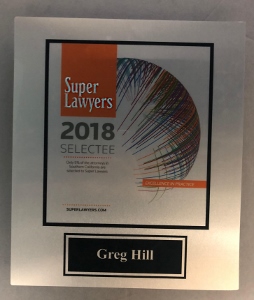Award Recipient
Top 100 Trial Attorneys in the United States
Contact Us for a Free ConsultationState officials have implemented a series of programs designed to decrease the number of people entering our criminal justice system. It has long been understood that recidivism of juvenile offenders is one contributing factor toward increasing numbers of adult offenders.Why This Article Matters: Welfare and Institutions Code (WIC) § 654 provides for prefiling diversion programs for juvenile offenders who are found qualified for such opportunities. These programs are very good for the juvenile insofar as if the juvenile completes the program, no criminal case will be filed.
 Inglewood Juvenile Courthouse
Inglewood Juvenile Courthouse
The program is a good opportunity for a juvenile to “earn” a “no-file,” meaning he or she gets to show his future should not be scarred with a juvenile case filing. It is also a creative way for the criminal court system to prevent jail and prison overcrowding by giving more personal attention to low level juvenile offenders who may have had a mere lapse in judgment.
- The juvenile will obey all laws and orders of the probation officer;
- The juvenile will obey all instructions and orders of the juvenile’s parents and school officials;
- The juvenile will maintain a curfew between 5 p.m. and 7 a.m. unless modified by the parents or the probation officer;
- The juvenile will maintain satisfactory grades in all academic classes;
- The juvenile will attend a counseling program;
- The juvenile will not associate with anyone disapproved of by parents or the probation officer;
- The juvenile will be subject to random drug testing by medical staff (often in conjunction with the counseling program) or an outpatient program and provide monthly drug test results; and
- Be subject to random room searches by parents and the probation officer.
Contact Greg Hill & Associates
- Juvenile Found in Possession of Less than an Ounce of Marijuana – What Are the Defenses and What Is the Possible Punishment?
- Underage DUI Is Not Similar to a Juvenile Offense for Sentencing in a Later Drug Case
- Life in Prison without Possibility of Parole Is Unconstitutional for Juvenile Nonhomicide Offender